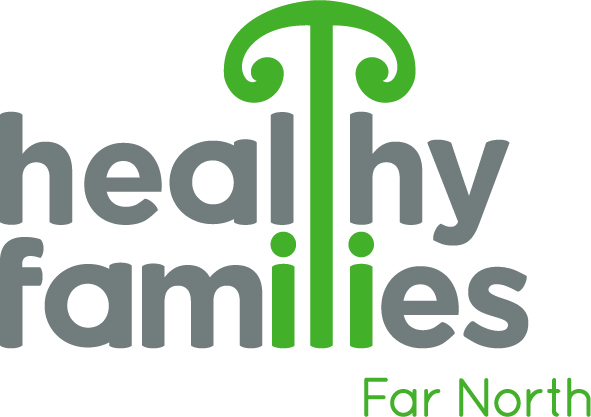“Me aro koe ki te hā o Hine-ahu-one. Pay heed to the dignity and power of women.”
Healthy Families Far North honour the life and legacy of Kath Wharton (nee Keremete)—a force of nature whose purpose was woven into everything she did. Kath didn’t just work in systems change; she lived it. She was relentless in her pursuit of equity, always hustling to shift resources and power into the hands of those who needed them most.

Kath’s leadership was never about titles or recognition; it was about impact. She was the person who would push through red tape, knock on doors (and if they didn’t open, she’d find another way in), and ensure whānau had a real seat at the table. She didn’t believe in ‘business as usual’—if something wasn’t serving our people, she would challenge it and build something better. She shared everything she had—knowledge, resources, opportunities—so that others could rise, not just alongside her, but beyond her.
Kath had a vision that went beyond her mahi in Healthy Families. It was a vision to build prevention practice across different spaces, places and kaupapa. Before her passing, Kath worked towards building a new primary prevention workforce known as Hikitia. This kaupapa will be working in the prevention of family and sexual violence. Kath understood that many of the drivers of poor health outcomes and violence were often the same and that together, Healthy Families and Hikitia will be able to harness the potential of partnership and prevention across our communities.
This commitment is already taking shape with the Kāeo community designing a new prevention space in Whangaroa.
Te Rūnanga o Whaingaroa unveiled the extension to Te Pokapū Community Hub in November 2024, alongside the already established hauora clinical services.
Pouārahi, Raniera Kaio, said the extension to the hub is guided by those who call Kāeo home.

“Just as the pokapū is the core that holds everything together, whānau are the heart of our new initiatives in this space,” he said.
“They are the foundation of all our decisions, guiding every step we take and every action we implement.”
Te Rūnanga o Whaingaroa collaborated with local community members and staff to co-create the vision and initial programming for the space, underpinned by four key design principles. These include:
- creating a space for whānau katoa - where everyone feels welcome;
- a space for learning - shaped by mātauranga Māori
- a space that celebrates who we are, that feels safe and tau;
- a space for connecting and kōrero - providing opportunities for gathering and belonging.
A design wall was also created to ensure the wider community could share their whakaaro on what they wanted in the prevention space and what they might need to participate.

Aroha O’Leary, Pourūnā Hauora Manager, who’s leadership helped to drive the initiative, said this process helped shape what happens in the space, and enables kaimahi to be responsive to the needs of our communities.
“One of the things that we learnt was that māmā wanted spaces to connect and that they needed some practical things like a cozy mat to place baby down and a place to change baby,” she said.
“The hauora team were really quick to respond to these needs and created a māmā and pēpi coffee and mirimiri group, complete with new cozy mat.”

Spaces and kaupapa underpinned by principles that focus on building a sense of belonging and that find ways to bring the community into the decision making process help to strenghten the protective factors that can prevent violence in our communities. Supporting parents in the first 2000 days by helping to extend and build the ecology of support around whānau during this crucial time can also have long lasting impacts to prevent incidents of violence from occurring.
The newly appointed Hikitia Manager, Sophia Beaton, said the work that is occurring at Te Pokapū is a testament to the primary prevention practice that was so important to Kath.

“Kath’s dedication to this work has showed us how we need to work with heart and hustle, holding fast to kaupapa that truly matters,” she said.
“Her legacy is not just in the work she did, but in the way she empowered others to carry it forward.”
This is one example of how Healthy Families and Hikitia will support communities to strengthen the protective factors and address systemic barriers, Beaton added.
“We miss Kath deeply, and we honour her by continuing the mahi—striving for the health and wellbeing of our communities, and our mokopuna.”
